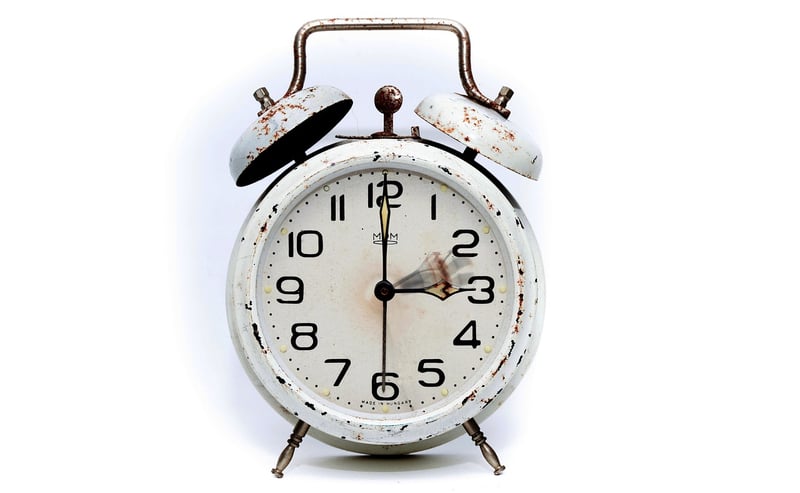Moral Implications
The Moral Dilemmas of Time Travel and Their Implications
Time travel is a fascinating concept that has captured the imagination of people for decades. The idea of being able to journey to the past or future raises numerous moral dilemmas and ethical questions that challenge our understanding of right and wrong. Let's explore some of the most pressing moral issues related to time travel and their implications:
Changing the Course of History
One of the most significant moral dilemmas of time travel is the question of whether one should interfere with the past to alter historical events. While the idea of preventing tragedies or correcting mistakes may seem noble, it raises concerns about the potential unintended consequences of such actions. Changing the past could lead to a butterfly effect, where even minor alterations have far-reaching and unpredictable effects on the future.
Personal Gain vs. Collective Good
Another moral dilemma is the temptation to use time travel for personal gain, such as amassing wealth or gaining power. This raises questions about the balance between personal interests and the greater good of society. Should individuals prioritize their own desires or consider the impact of their actions on others and the timeline as a whole?
Responsibility and Accountability
Time travel introduces complex issues of responsibility and accountability. If someone travels to the past and inadvertently causes harm, who should be held accountable for the consequences? Should individuals be held responsible for the actions of their past or future selves, even if they were unaware of the outcomes at the time of their journey?
Temporal Paradoxes and Existential Questions
Time travel also raises existential questions about the nature of reality and free will. Paradoxes such as the grandfather paradox – where a time traveler prevents their own existence by changing a past event – challenge our understanding of causality and the concept of linear time. How would such paradoxes be resolved, and what implications would they have for our understanding of the universe?
Ethical Guidelines for Time Travel
Given the complex moral dilemmas of time travel, ethical guidelines and regulations may be necessary to govern the use of this technology. Establishing principles for responsible time travel could help mitigate potential risks and ensure that individuals consider the broader implications of their actions on the timeline and future generations.
Conclusion
Time travel presents a myriad of moral dilemmas that challenge our ethical frameworks and understanding of causality. Exploring these dilemmas and their implications can help us reflect on the ethical responsibilities that come with the power to manipulate time. As we continue to ponder the possibilities and consequences of time travel, it is essential to consider not only what is possible but also what is morally right.

